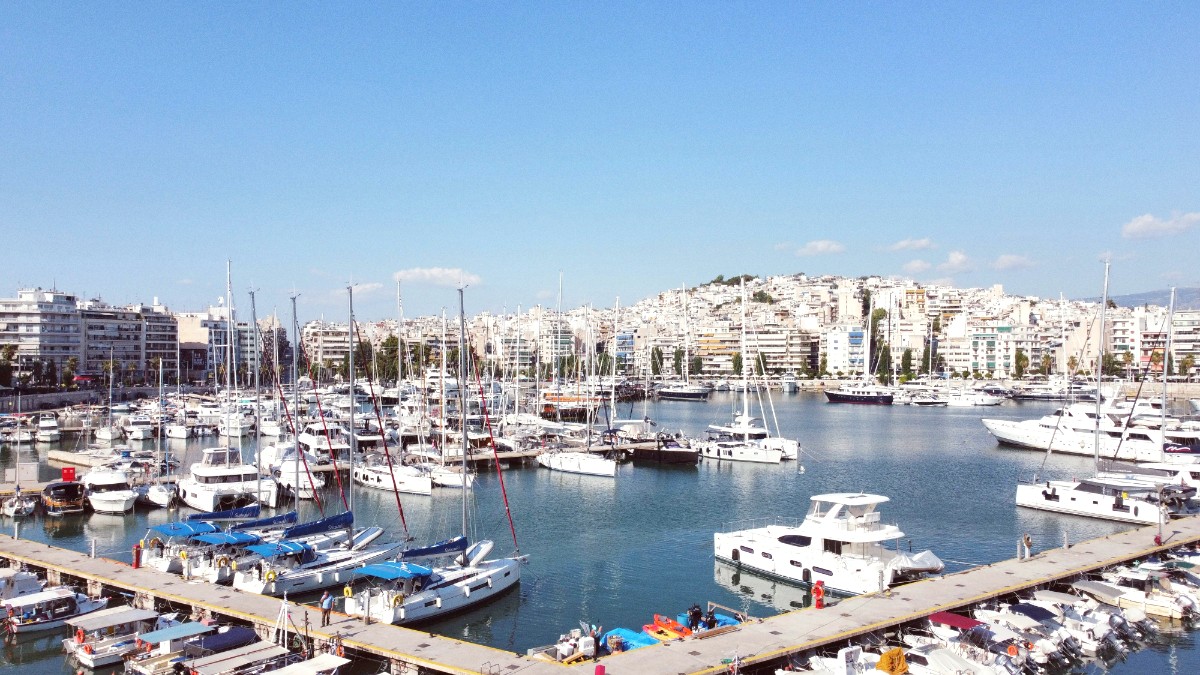
Athens, Greece
While Piraeus is an urban port, the surrounding Attica region and the Greek islands feature numerous protected natural areas and marine parks. Support tour operators that promote and adhere to conservation efforts. Respect designated protected zones and avoid disturbing wildlife or natural habitats.
Recycling bins are present in some public areas and residential neighborhoods of Piraeus, but comprehensive infrastructure is still developing compared to some other European countries.
Greece, especially its islands and coastal areas, can face water scarcity, specifically during dry summer months. Be mindful of your water usage. Take shorter showers. Turn off taps when not in use. Report any leaks in your accommodation.
Choose accommodations and tours that share environmental values.
Look for hotels demonstrating commitments to environmental sustainability.
Support tour operators prioritizing responsible tourism.
Your purchases affect local industries and global sustainability.
Consider offsetting your flight emissions through reputable carbon offset programs.
Consider bringing your own reusable containers or purchasing from shops promoting zero waste.
Explore optionsSupport brands with strong environmental and ethical policies, like Patagonia.
Discover moreEngage with local culture with respect and awareness.
Support museums, archaeological sites, and cultural institutions.
Polite engagement enhances your travel experience.
Your travel choices directly impact the local economy.
Dine at family-run tavernas. Shop at independent boutiques and the municipal market.
Look for products genuinely locally made, supporting artisans. Be cautious of imported mass-produced items.
Donate through established local charities or non-governmental organizations like The Rainforest Site for genuine community support.